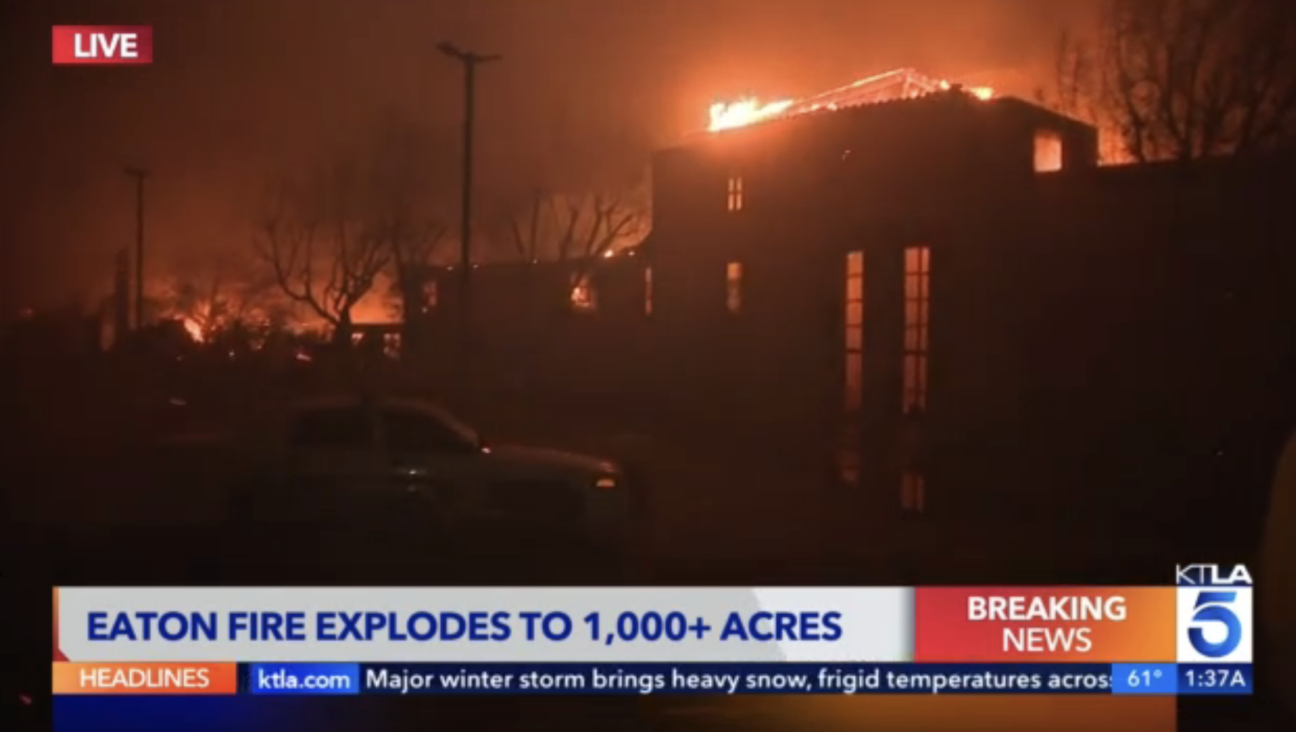Old Letters With New Messages

“Shadows From My Past” is a strange amalgam of a documentary. Though it is often amateurish (it has the feel of a home movie) and dated (it includes interviews of people long dead), it is powered by its subject matter and evokes strong emotion.
Gita Weinrauch Kaufman escaped Vienna with her parents and two brothers in 1940. Luckily, the family received U.S. visas on the day they were scheduled to be deported to Dachau. Most of the rest of her relatives, including numerous uncles, aunts and cousins, did not survive. She knew them only as the titular shadows who came alive in a treasure trove of correspondence discovered among her parents’ belongings.
These letters were from desperate people describing their tenuous situations, often begging their kin for help securing visas and money for transit to anywhere but Wien. The missives were sufficiently moving that Gita and her late husband, Curt Kaufman, secured a grant from the Bruno Kreisky Foundation to create an audio-visual presentation about them, leading to an invitation to speak about the correspondence at the University of Vienna.
Gita was at first undecided about returning to the city of her birth, but ultimately did, hoping to discover if Austria had come to grips with its past, so she could come to grips with hers.
According to the production notes Gita and Curt subsequently made multiple trips to Europe.
In the course of some of those trips she interviewed a number of figures including Simon Wiesenthal and Kurt Waldheim. That the last two are long dead detracts from the film and gives it a dated feeling, as though it was something she kept in an archival closet awaiting an occasion to repurpose the material.
Her interview technique also leaves something to be desired. Gita reads long-winded questions to Waldheim in a prosecutorial style, rather than in a conversational manner that might have encouraged meaningful discourse.
Still there are powerful moments here. It’s hard not to feel your bile rise as you hear Austrian politicians describe people as “perpetrators” and “victims,” as if the Nazi banners, flags and arm bands were foisted on an unwilling population forced to cheer the Germans with smiles on their faces.
While it was not the film’s intent, one of my takeaways is the comment by an Austrian politician who points out that anti-Semitism was not a local monopoly. “French police arrested Jews. They didn’t need the Germans for that.”
That’s why I find this film so important. We once again live in a world where it’s become, if not acceptable, easy to hate Jews. “Shadows of My Past” serves as a reminder of where that can lead.
A message from our Publisher & CEO Rachel Fishman Feddersen

I hope you appreciated this article. Before you go, I’d like to ask you to please support the Forward’s award-winning, nonprofit journalism so that we can be prepared for whatever news 2025 brings.
At a time when other newsrooms are closing or cutting back, the Forward has removed its paywall and invested additional resources to report on the ground from Israel and around the U.S. on the impact of the war, rising antisemitism and polarized discourse.
Readers like you make it all possible. Support our work by becoming a Forward Member and connect with our journalism and your community.
— Rachel Fishman Feddersen, Publisher and CEO






















